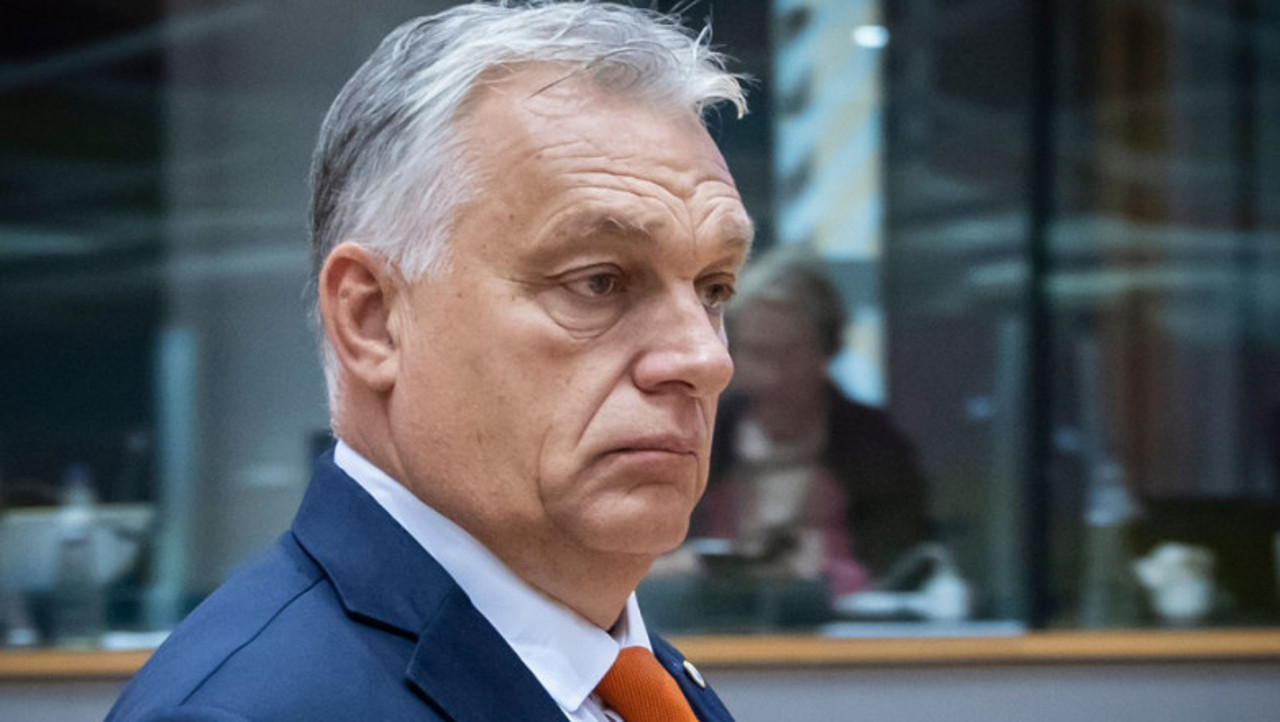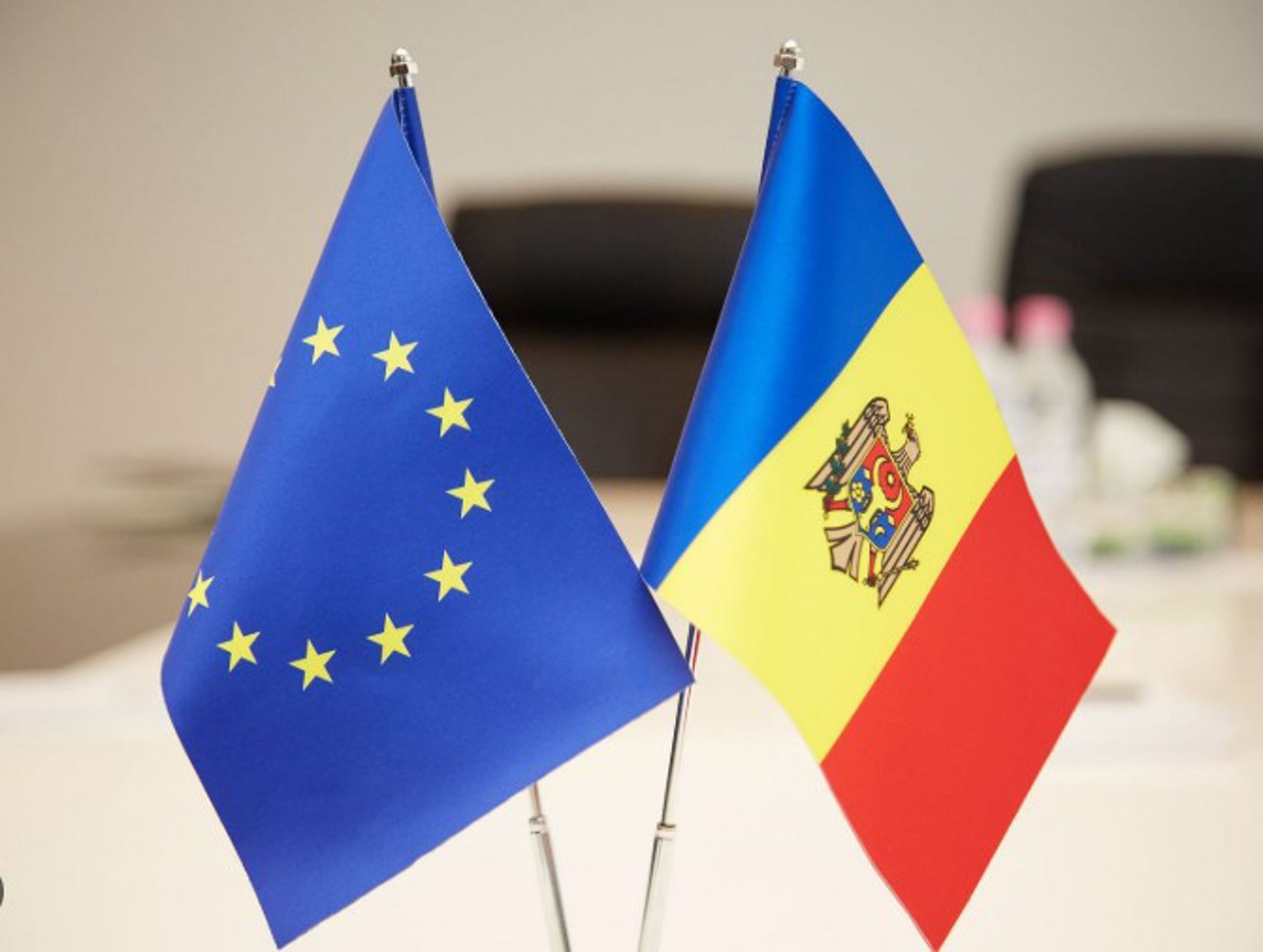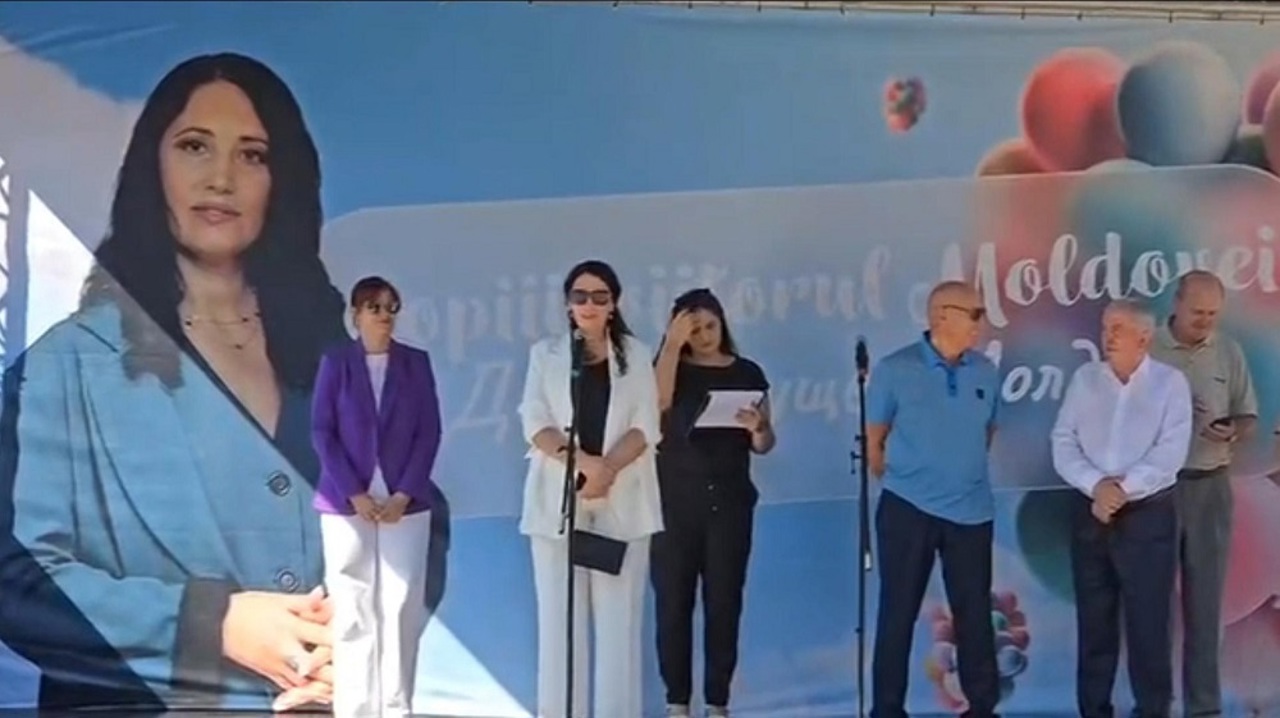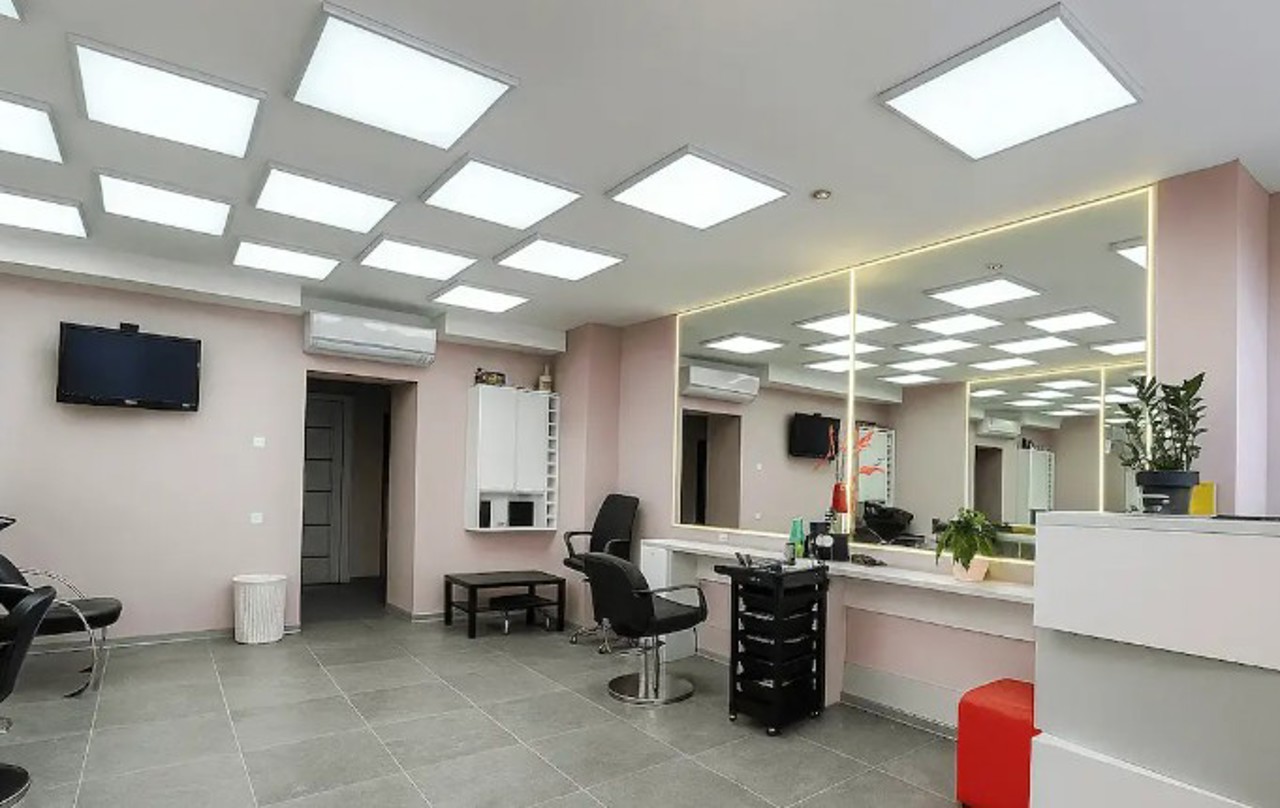Poland takes over EU presidency after tensions with Hungary
Polish authorities have refused to invite the Hungarian ambassador to the inauguration gala of Poland’s presidency of the European Union Council after Budapest granted political asylum to Marcin Romanowski, a former Polish deputy minister wanted for alleged corruption, Reuters reports.

In December, Budapest granted political asylum to Romanowski, the former Polish Deputy Minister of Justice under the previous nationalist government. Budapest argued that there was concrete evidence of violations in the judicial process against him in Poland, a move that Warsaw viewed as hostile.
The Polish prosecutor’s office accused Romanowski, who served as Deputy Minister of Justice from 2019 to 2023 and oversaw a fund to assist victims of criminal acts, of committing 11 criminal offenses.
Relations between Warsaw and Budapest have significantly deteriorated since the defeat of the nationalist Law and Justice Party in the October 2023 Polish parliamentary elections, a party closely allied with Hungarian Prime Minister Viktor Orbán. The defeat led to the rise of pro-European forces, led by Donald Tusk.
Poland officially assumed the rotating presidency of the European Union Council from Hungary on January 1, 2025, for a six-month term (January-June 2025). Poland previously held the EU presidency in 2011. The official opening of Poland's presidency will take place on January 3, 2025, at the Polish National Opera in Warsaw, according to the Polish presidency website, as cited by Agerpres.
The priorities of Poland's presidency focus on European security in seven areas: defense and security, protection of citizens and borders, resilience to foreign influences and disinformation, ensuring the security and freedom of business, energy transition, strong agriculture, and health security.
On December 13, 2024, Poland’s Foreign Minister announced that supporting Ukraine, maintaining policies towards Russia and Belarus, and strengthening the security of the EU and its partners would be priorities.
The presidency of the European Union Council rotates every six months among member states. The country holding the presidency continues the EU agenda and leads the organization’s meetings.
Member states that hold the presidency work together in groups of three, called "trios," for an 18-month period. Poland is part of the Poland-Denmark-Cyprus trio (January 1, 2025 - June 30, 2026).
The trio sets long-term goals and prepares a joint agenda for the following 18 months, establishing the key topics to be discussed in the Council. Each country in the trio then prepares a detailed six-month program.
During each six-month period, between 500 and 700 legislative proposals are discussed, and the laws reviewed depend on initiatives in the EU's Strategic Agenda, in a challenging geopolitical context, with priorities including European security, support for Ukraine, and strengthening the EU economy. In this way, the Polish government succeeds Hungary’s mandate, which facilitated Romania and Bulgaria’s full accession to the Schengen Area.
Translation by Iurie Tataru



